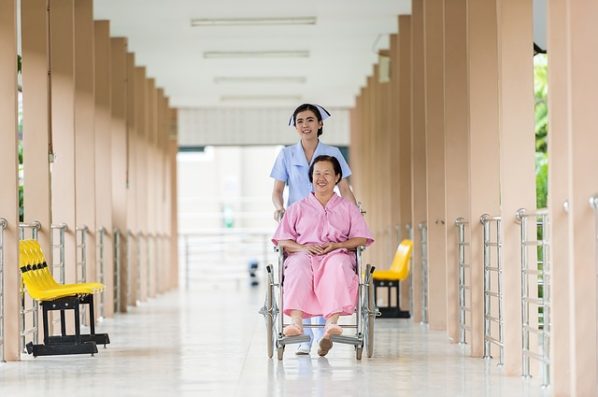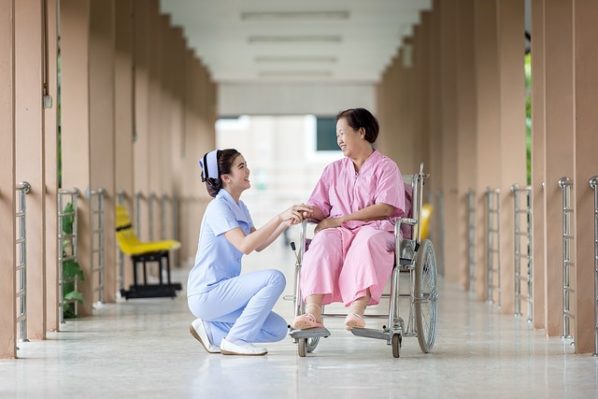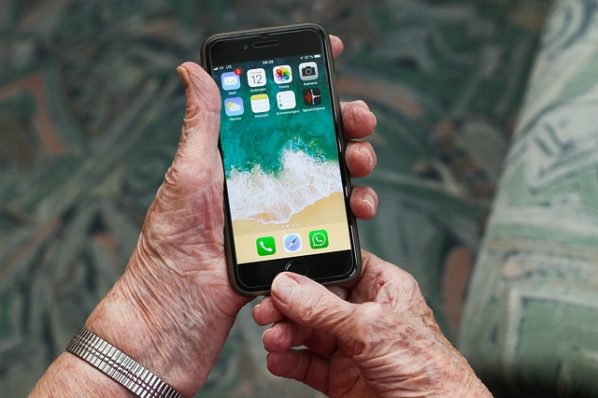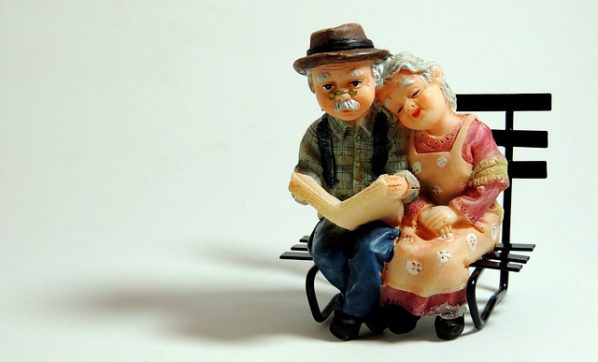Busting Some Myths Surrounding Assisted Living for the Elderly
Unveiling the truth about senior assisted living in the US: Debunking myths and exploring a balanced, caring community for fulfilling later years.
Choosing the Best Elderly Care Option for Seniors
Discover diverse elderly care options, factors to consider, and resources to aid in decision-making for your loved ones. Learn how quality senior care services prioritize independence and well-being.
7 Tips to Properly Adjust After Denture Implants
Denture implants offer a secure, long-lasting replacement for lost teeth. Learn how to care for them and regain your confidence with a great smile. Read these 7 tips.
Teaching Technology: Why We Need to Break down the Digital Divide Between Generations
We all know someone who has struggled to get to grips with technology. The early 90’s saw a technology boom, meaning that most people who were brought up in this generation were surrounded by technology in their everyday lives. This equally applies to those born after the year 2000, when iPads, tablets, and smartphones became commonplace. 1. A digital divide The digital divide is a problem for people of all ages in terms of social and economic inequalities. Although once it was due to financial inequalities disabling the access to technology, it has now shifted towards a knowledge gap. Once connected to their devices, the information presented to them instantly…
All About Alzheimer’s Disease: Signs, Symptoms, and What To Do
Alzheimer’s disease is the most common type of dementia affecting adult Americans, 20 percent of whom will be 65 or older by 2029. It’s not easy to deal with, either as a patient or as the loved one of a patient, and many people have no idea what to do when their loved ones begin showing signs. Perhaps the most important step in caring for a loved one with Alzheimer’s is recognizing the symptoms as they begin to show, and understanding how to begin caring for a loved one with dementia. The earliest stages of Alzheimer’s aren’t usually detectable by a doctor, since they might be explained away as normal…
How Modern Rehabilitative Devices Are Helping Senior Citizens Regain Independence
For most senior citizens, the ability to preserve their independence is imperative to their self-esteem. That is the reason you will find it difficult to convince your parents or grandparents to leave their apartments or homes and live under specialized care. They want to be able to move about on their own and take their own decisions. They refrain from asking for help or constant attention as they do not want to compromise their freedom at any cost. That poses a significant threat to their health and wellbeing. For example – over 40% of the nursing home admissions of the senior adults result from failure to take medications at the…
All You Need to Know About Palliative Care Services
One should enjoy their old age in peace. Your parents must be proud of the fact that they did their best to bring you up. They educated you and your siblings. None of you missed out on the things enjoyed by other kids. You received quality healthcare when you needed it and lived in a beautiful home. Sickness Years later, a serious illness rears its ugly head. When it affects a dear parent, your reaction can have implications. You may harbor feelings of anger, fear or sadness. These are normal, and there is nothing wrong in feeling that way. Medical assistance If you get to this level, then you should…
Top 5 Structural Changes in Eyes Associated with Old Age
Your sight is a common sense until you lose it. When you are young and healthy, thoughts of losing your sight or having imperfect sight hardly, ever, cross your mind. However, as you grow older, you will begin to experience changes in your vision. Old age is golden, yet, the aging process weakens most of your body organs and parts. Unfortunately, your eyes aren’t left out in the process. The following structural changes will be felt in your eyes as you grow older: 1. Vitreous detachment Vitreous refers to a gel-like substance responsible for your eyes’ almond shape. Millions of intertwined fine fibers make up the vitreous and are attached…
The Most Common Health Problems in the Elderly
Nobody is particularly excited about getting older. While it may mean becoming wiser, it also comes with a host of other problems. As people get older, their bodies slow down and their physical functioning tends to deteriorate. This is becoming something that needs to be monitored more carefully as people are expected to have longer life expectancies.








